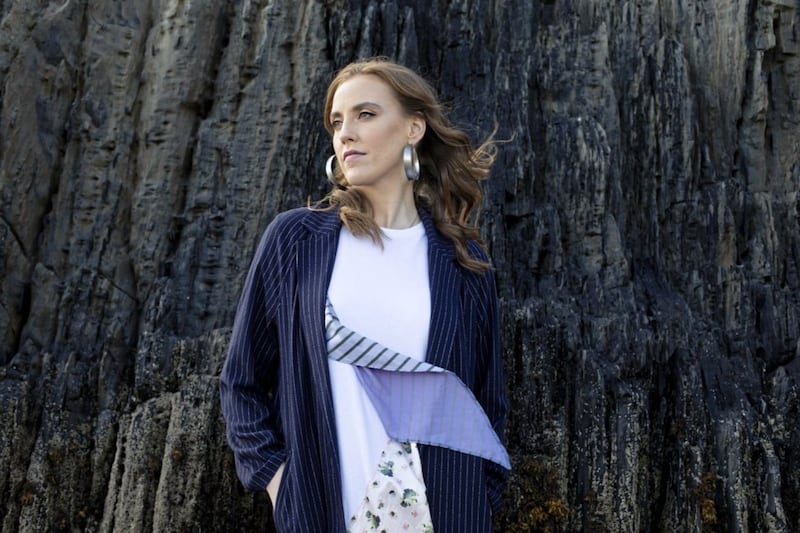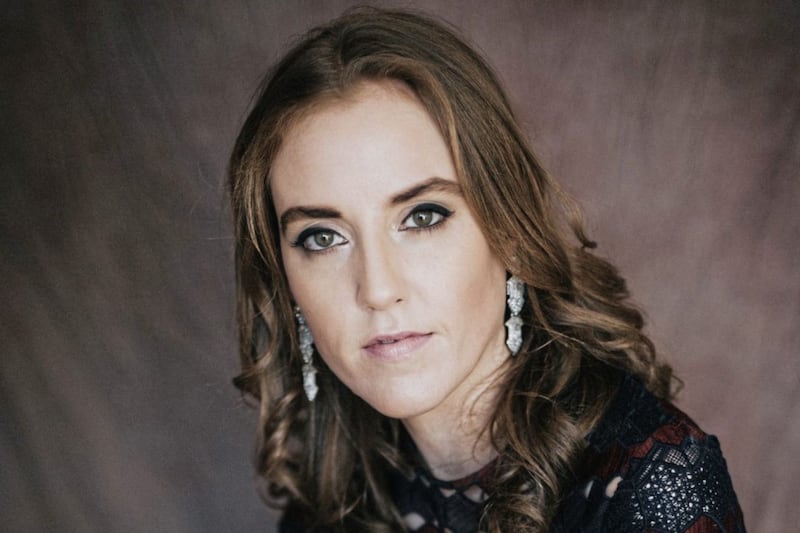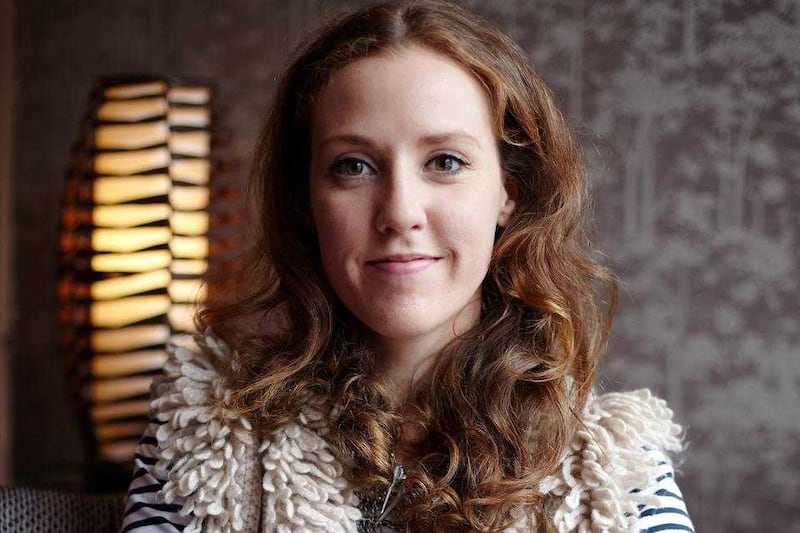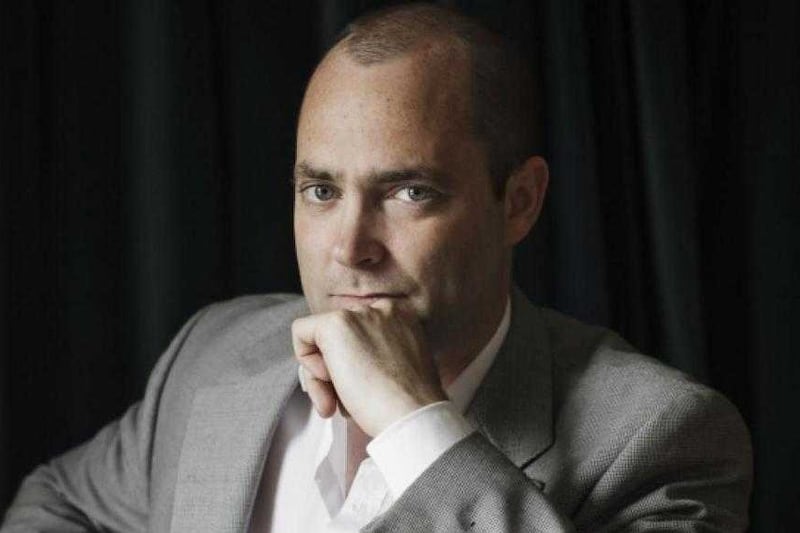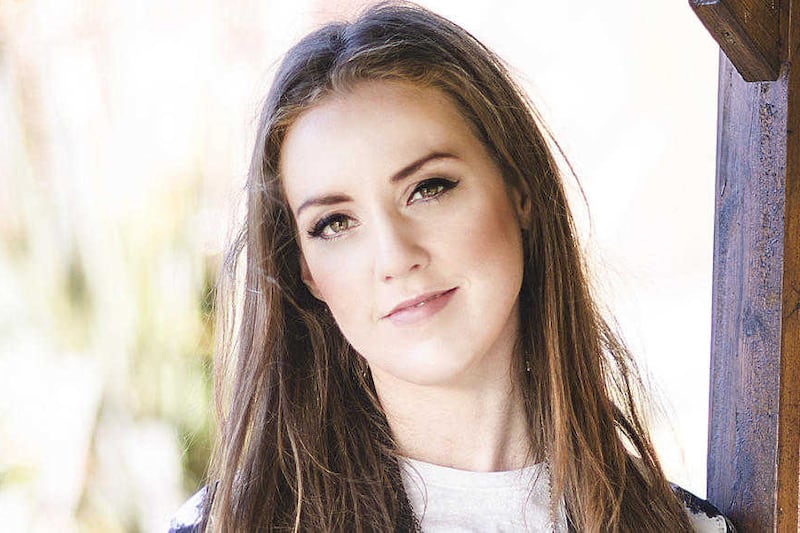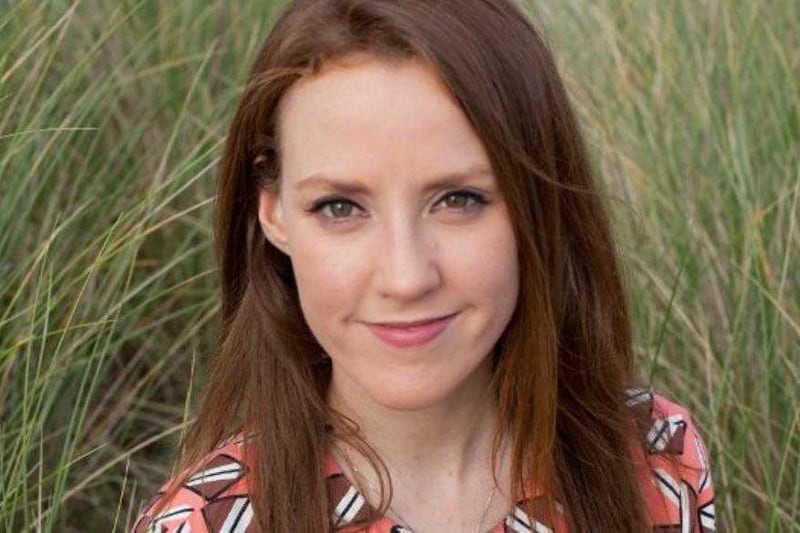IT’S easy to understand why Louise O’Neill felt burnt out and depleted after finishing her second novel, Asking For It.
As the Co Cork writer has said herself, the book deals with “rape culture, victim blaming and the issue of consent”. O’Neill may have been called `the best young adult fiction writer alive’ by one Guardian writer, yet her publisher felt the need to include the disclaimer 'not suitable for younger readers’ on the back cover of Asking For It.
The story revolves around 18-year-old Emma O’Donovan, who is in her last year of school in the fictional town of Ballinatoom and is beautiful and smart but also vain, jealous and quite unlikeable when she wants to be.
When she wakes up the morning after a huge party and has no recollection of what happened, her world starts to fall apart when she realises that the events of the night before have been photographed and shared on social media.
While Emma did have consensual sex with one of the town’s football stars, Sean Casey, she was raped by three others but has no memory of it because of the drink and drugs she had taken.
What follows is Emma’s account of the horrific reality clearly faced by all victims of rape: the gossip, the unjustified shame, the nightmarish dreams, the sleeping pills, the therapy and – in Emma’s case – attempts to take her own life.
There is also the disappearance of the home life as she knew it with her mum, dad and brother Bryan – “I infected them all with sadness”. Her case and the issue of sexual assault and consent make it on to radio phone-ins and TV shows and Emma is simply referred to in the media as “Ballinatoom Girl”.
O’Neill says there were a couple of real-life cases in the US that inspired the book.
“I read about the Steubenville case in Ohio and the Maryville case in Missouri [where in each case members of a football team – seen as `local heroes’ – raped a girl who had passed out at a party].
“Those cases were so shocking and the photos were distributed by social media and the rapists felt this blatant entitlement to that girl’s body and felt they could do this, take photos and put it online and think there wouldn’t be any consequences.
“And I think the double standards regarding male and female sexuality is so ingrained in Irish culture too. I thought that it was something I felt very passionately about and wanted to write about.”
O’Neill says that growing up in Clonakilty in Co Cork made her familiar with the “slightly claustrophobic feeling of growing up in a tightly knit community” but insists Ballinatoom is not her hometown.
“It’s funny, because my mum keeps texting me and saying 'This person thinks that they’re this character...’ but they’re genuinely not based on anybody. I would never do that. My job is to make stuff up.
“My dad was the first person to read the book. He’s Clonakilty through and through and I felt that if he read it and wasn’t mortally offended by it, then I thought I was safe.”
It’s telling in the book that the word 'rape’ only comes up halfway in, mainly because Emma is unable to comprehend that this is what happened her. O’Neill spoke to staff at the Rape Crisis Centre [RCC] in both Cork and Dublin and also spoke to victims of rape before writing the book.
“With a topic like this you want to handle it in a manner that’s responsible and authentic,” she says.
Since the book has come out, the author has also been approached by friends and strangers who want to talk to her about their own stories of sexual assaults.
“It’s been upsetting to get emails from people I know saying that the book has brought back painful memories or was too real or was difficult to read because of something that happened when they were 19.
“I also got an email from one girl and she basically said, 'I am Emma’ and told me what happened to her. She came to my book launch and she started crying and I was nearly crying too.
“The more that that happens, the more you realise that this is an epidemic. If I hadn’t written this book, would my friends have actually told me what happened? It’s worrying to think that these people can’t articulate what happened to them for fear of being shamed or labelled.”
She says it was important that Emma was unlikeable to a degree and that the teenager had also advised a friend that it would be `easier' to forget about her own rape instead of reporting it.
“I didn’t want to write a story in which the main character was very sweet or innocent and where it was easy for the reader to empathise with her; I wanted the reader to be complicit in almost blaming Emma because she’s so unlikeable,” says O’Neill.
“There’s one moment where maybe the reader realises that they are engaging in victim-blaming and so hopefully it’ll make them stop and consider their own prejudices and the beliefs that a lot of us have about the 'perfect’ victim.”
Emma wants to pretend that the whole thing didn’t happen but she can’t move on with her life and she knows that the explicit photos posted online are almost impossible to remove. She feels that “my body is not my own any more”.
Add to this the possibility that bringing the case to court could take two years and you have to agree with O’Neill’s afterword in the book that nobody can want to live in a world “where rape and sexual assault are trivialised” and where conviction rates in rape cases are so low.
The novelist says she has been so busy with promoting this book and first novel Only Ever Yours that she hasn’t had time to get working on her next one.
“This book was getting such a buzz before it even got published and that makes it difficult to sit down and write. But I have a few ideas.”
Asking For It is a harrowing read but it is an incredibly important book. No rape victim ever “asks for it”, even though some of the locals in Ballinatoom appear to side with the boys who assaulted Emma.
O’Neill says she finds it hard to say what age of reader the book is aimed at, considering she is seen as a 'young adult fiction’ writer.
“It’s hard to tell. It’s not just for teenagers but for all ages. I know 14-year-olds who are more considered and intelligent readers than some 34-year-olds.
“So I suppose it depends on how mature the teenager is. I just really hope that the book gets into the hands of the people – male or female, whatever age they are – who most need to read it.”
:: Asking For It is out now, published by Quercus. Louise O’Neill will give a 'Literary Lunchtime’ talk at the Ulster Hall in Belfast on Wednesday November 25 at 1pm (tickets £5 via Waterfront.co.uk).



